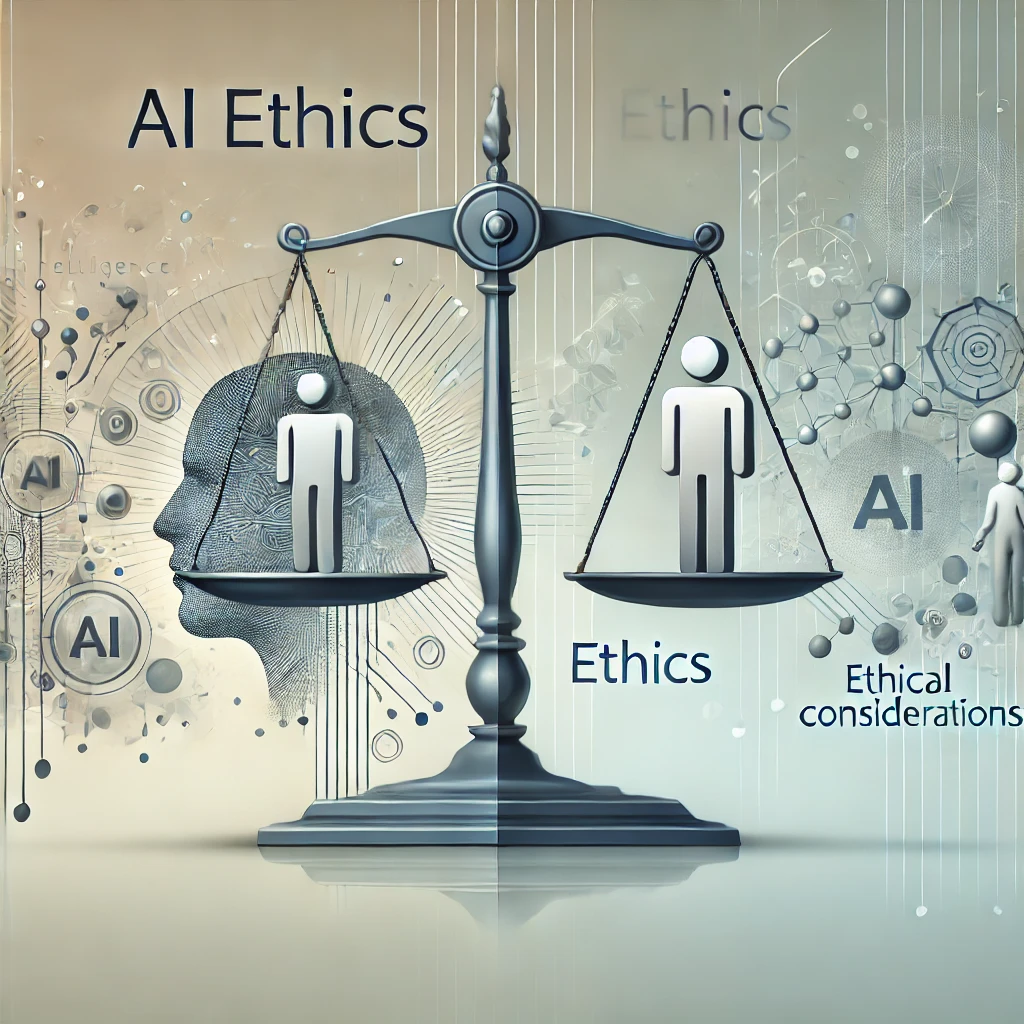The Ethics of AI: Navigating the Gray Areas

As artificial intelligence (AI) continues to transform industries, it brings with it a range of ethical considerations that organizations must address. From privacy concerns to algorithmic bias, navigating the gray areas of AI ethics is essential for responsible innovation.
One of the most pressing issues is **bias in AI algorithms**. Since AI systems are trained on historical data, they can unintentionally reflect and even amplify existing biases. This can lead to unfair outcomes in areas like hiring, lending, and law enforcement, raising questions about accountability and fairness.
**Data privacy and consent** are equally significant concerns. AI relies heavily on user data to function effectively, but collecting, storing, and analyzing this information must be done transparently and with user consent. Regulatory frameworks like GDPR and CCPA aim to address these concerns, but enforcement remains inconsistent across regions.
**Transparency and explainability** are also crucial. As AI models become more complex, understanding how decisions are made becomes increasingly challenging. Black-box algorithms can undermine trust, especially when they affect sensitive areas such as healthcare, finance, or criminal justice.
Moreover, **job displacement** is another ethical challenge. While AI automates repetitive tasks, it can also lead to workforce disruptions. Companies adopting AI should invest in employee reskilling and workforce transition programs to mitigate negative impacts.
Despite these challenges, ethical AI development is possible. **Responsible AI frameworks**, third-party audits, and diverse development teams can help create fairer, more accountable systems. Collaboration between policymakers, technologists, and civil society is key to ensuring that AI serves humanity rather than harms it.
Ultimately, the future of AI hinges not only on technological advancement but also on the ethical choices we make today. By prioritizing fairness, privacy, and accountability, businesses can harness AI's potential while safeguarding individual rights and societal well-being.